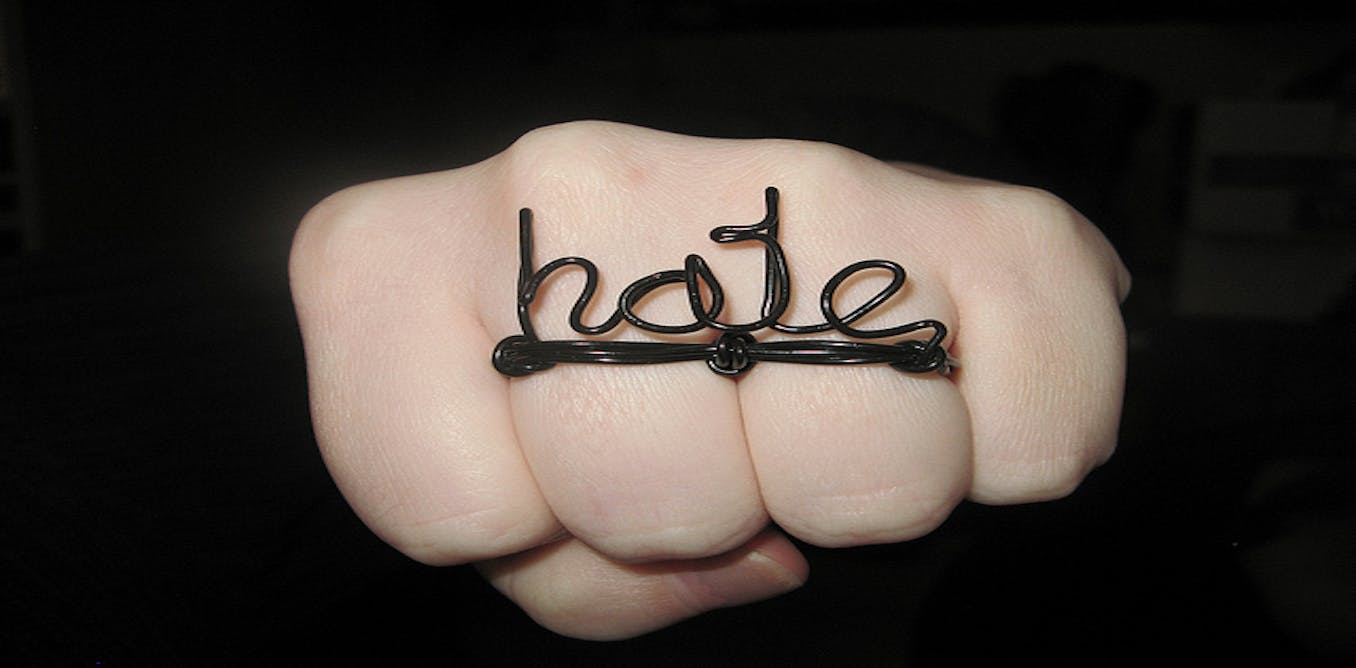Most of the world is rightfully decrying the attempt on Salmon Rushdie's life. A cowardly effort to silence a voice that some find blasphemous, his near-death experience is a potent reminder that there are those living amongst us who attack the views of those they find objectionable, often in tandem with hatred for their ethnicity or gender.
We should not be surprised to learn that this reactionary behavour is happening in our own country as well. Journalists are often the target of such odious attacks, one of them being Rachel Gilmore, a reporter who covers federal politics for Global News. At this point I would normally post a video showing the kinds of abuse that is heaped upon her by men who feel threatened by her, but I do have certain standards for my blog and will not promote their bile. However, if you have a strong stomach and want to know more about what she has to endure, check out her Twitter feed.
Donovan Vincent, a veteran reporter and the Star's new public editor, writes about this disquieting trend:
... a rise in hate — fuelled in part by political polarization, divisions over mask mandates and vaccines, economic and employment shifts and other factors — has resulted in a torrent of racist, homophobic, misogynistic and violent messages being directed at journalists, often women and women of colour.
In the past week alone, a horrible message was sent to Toronto Star podcast host Saba Eitizaz, a journalist of South Asian background. The filthy, cowardly and pathetic note — the sender didn’t leave a real name or contact info and hid behind an encrypted email address — also mentioned Hill Times columnist and podcast host Erica Ifill, a Black woman, and Rachel Gilmore, a reporter for Global News who is white.
I can’t repeat much of the content of the note because this is a family newspaper. But the personal attacks were meant to unnerve these women.
Make them feel fearful, humiliated. Make them doubt themselves. Silence their smart, confident voices.
The letter infers the women are on a hit list, and need to be “silenced” and “retired.”
There is no doubt that racism plays a part in some of these gutless comments.
Others in my newsroom, mainly young, non-white journalists or those with ethnic backgrounds, have also been recent targets.
“They are trying to silence us, intimidate us and play on our anxiety. They’re trying to keep minorities oppressed. That’s how I feel,” said one of my young colleagues, who didn’t want to be named to avoid receiving more hate.
Reading some of their messages, I was struck by instances where similar language and terminologies popped up. For example, some of the letters refer to the female targets needing to be “boogaloo’ed the f…k out of Canada” — i.e. escorted out of this country.
If you go to this link, you will see the efforts Erica Gilmore made to bring to the authorities' attention the threats she and others were facing. The results were less than satisfactory. This has prompted some action on the part of news-gatherers.
These past few weeks, the Star, the Hill Times, Global News and the Canadian Association of Journalists, along with the journalists impacted and others, have decided enough is enough. The parties came together to pen a letter that is being sent to the chiefs of police in Toronto and Ottawa (the three women span those cities) and federal Public Safety Minister Marco Mendicino. It’s also being sent to the heritage minister — who is looking into legislation and regulations to address online hate — the justice minister, the minister for women and gender equality, the commissioner of the RCMP, and Ontario’s attorney general.
The letter points out that incidents of online abuse directed at the three women — “targeted, vile threats of violence” — made them fear for their safety and prompted them to file a number of police reports. The lengthy letter includes demands that the chiefs and safety minister take steps to address the incidents and work with the media organizations to combat the abuse of journalists, and fight online hate and the harassment of all victims.
A key point of the letter is that the harassment seems to be part of a campaign against journalists, and that police and the law often treat these cases as separate. But that’s a fundamental misunderstanding that misses the “connections among cases and the connections to extremist groups,” the letter points out.
Despite the fact that the MSM is routinely denigrated in social media, I, for one, have a deep respect for what journalists do. Are they perfect? Of course not. They are, however, our best hope of staying informed, much-needed ballast in the sea of misinformation we now must habitually navigate.
They have my deep respect and full support.

I think that most of the hate mongering is male posturing, more to impress doltish friends than to have any result. The big problem is with the failure of social media companies to screen out such posts. Free speech is one thing; giving haters a megaphone is unnecessary. Our political leaders and media regulators need to get off their duffs and shut this down.
ReplyDeletePolitics and its Discontents is a perfect example of one method for keeping conversation respectful. Nothing shows up to the world without approval.
Your point about our political leaders and media regulators is well-taken, Toby, especially since entities like Facebook and Twitter have shown little appetite for moderation. The more unchecked bile there is, the more it spreads.
DeleteGoogle started out with the motto, "Do no harm." That ended when they discovered that profit is in the harm.
ReplyDeleteYes, I understand it is no longer a part of their motto, Toby. They are yet another example of the corrupting effect of unfettered capitalism.
Delete